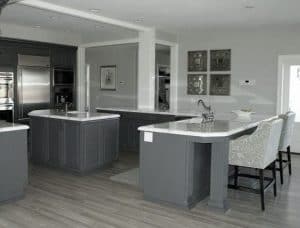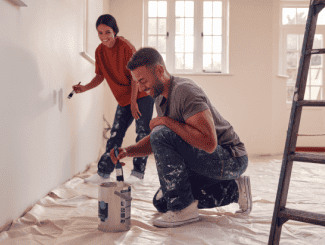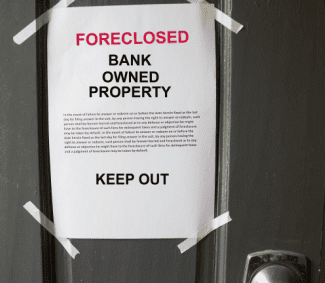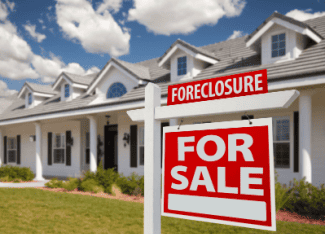Must-Have Amenities Change from City to City, as Does Their Impact on Resale Value
Every property—whether it’s your primary home or one of many vacation homes—is an investment, something homeowners should keep in mind when dealing with all aspects of a property, including its amenities. And like so many things in real estate, location is key to determining which “extras” are most important.
For instance, no luxury home in Los Angeles would be complete without a private movie theater/media room, fitness area and a lush outdoor entertainment area. But in New York, those amenities are harder to come by, and multi-family buildings that include all three aren’t as common, and can therefore be much more valuable when it comes to resale value.
In New York, as well as other large cities like Chicago and London, space-efficient flats are crucial, and clever details and luxurious extras inside the apartment make a property stand out and command a higher price. Certain upgrades—think kitchens and bathrooms—are almost guaranteed to add value to a home no matter where it’s located.
When it comes to amenities in any market, homeowners should look to comparable properties to make sure theirs are on par, said Jonathan J. Miller, president and CEO of the New York City-based real estate appraisal company Miller Samuel Inc.
“If you’re looking at a lot of properties and they all have the same four amenities and there’s one you don’t have, that’s a problem,” he said.
In new multi-family developments, though, there’s a misnomer that more amenities means more appreciation, Mr. Miller said. “But there’s no basis for that; that’s just a perception that more is more,” he said.
When it comes to single-family homes, changes can be limited because construction has to work around what is already there, said Jason Oppenheim, president of the Oppenheim Group in Los Angeles.
Considering amenities is a much different task when building a house from scratch, and depending on how big that home will be.
“A $2 million home will have different amenities than a $10 million home,” he said. A faux wine cellar might be sufficient in a $2-million-to-$3-million abode, he said, but a movie theater/media room is a must for a $10 million home.
For already existing houses, the rules are different.

But when looking to resale value, creating a sense of the lifestyle that can be enjoyed in a home is important.
The key when it comes to resale, “is always helping the property buyer envision themselves in the lifestyle of the space,” said Julia Hoagland, a New York City-based broker with Compass.
Gourmet Kitchens and Hotel-like Bathrooms
For those planning to renovate and add amenities to their home before selling, Ms. Hoagland recommends upgrading bathrooms and kitchens, and paying close attention to details, or “creature comforts,” that will make them stand out.
In the bathroom, “the more it feels like the experience of a hotel, they more people will connect with it,” she said.
That could include adding a glass-walled shower that converts to a steam room for a spa-like experience at home… or a stand-alone bathtub.
“Freestanding bathtubs evoke luxury,” Ms. Hoagland said. “You can create value that way.”
Extras like heated mirrors (which will de-mist after that steamy shower) and removable shower heads can be good additions that don’t come at a huge cost, said Becky Fatemi, the director of the London-based agency Rokstone.
As for kitchens, Ms. Hoagland said extras that have visual appeal, like glass inlaid cabinets, can be just as important as top-of-the-line appliances.
Details like pot fillers behind the range, to add water to a pasta pot, for instance, and spigots in the sink can be assets to some buyers, she said.
Broker Justin Gramm of San Diego, California-based Globella Buyers Realty also recommended kitchen upgrades as a way to add value to a home. Not only should a kitchen be outfitted with the best possible appliances, but, if there’s space, he suggested adding a separate prep kitchen.
“They are great if people like to entertain,” Mr. Gramm said.“Caterers can work back there and don’t have to be seen.”
Flexible Spaces
Extended garages—with room for a summer car—workout rooms with top-of-the-line equipment and optimized outdoor spaces are also extras to consider, said Emily Sachs Wong of @properties in Chicago.
People have added outdoor kitchens and luxe lounging areas to their patios and yards, she said, so they can get the most out of the warm weather.
Another addition that Mr. Gramm is seeing a lot of interest in is separate guest quarters, whether that’s a stand-alone house or a fully-equipped apartment over the garage. Because of a new law in California, which gives homeowners the option to construct accessory dwellings within certain guidelines, these kinds of add-ons are “a lot less expensive all of a sudden,” he said, and have a lot of appeal for buyers.
In the U.K., Ms. Fatemi emphasised the importance of storage in London abodes. Buyers are looking for a separate place to stash their stuff, plus another area for utilities like the washing machine and dryer. She recommended homeowners look at all the space available to them, and, even if they aren’t ready to renovate, lay the groundwork for it.
“If there’s a basement space, go ahead and get the permits, so it’s all in place,” she said. That way, a potential buyer starts a subterranean makeover immediately.
Be Careful with High-Tech Amenities
Systems that allow users to control temperature, lighting, security and other factors from their smartphones or tablets are very desirable to buyers, brokers said.
“There’s so much new technology available today that wasn’t available even five years ago,” said Mark Pordes, the CEO of Pordes Residential Sales & Marketing, which is based in Southern Florida.
These systems are constantly updating themselves, he said, and are easy for residents to use. But because technology evolves so quickly, systems put in place today may be out of date by the time a seller decides to put the home on the market.
“The thing with technology is that it changes so fast that if you’re going to be installing it and living there for 10 years, you should just use what you like,” Ms. Hoagland said. “When you sell, it’s probably going to be totally different.
Source: mansionglobal.com















 Accessibility
Accessibility